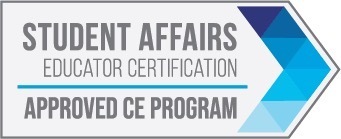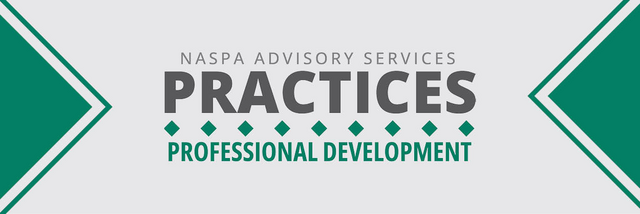
Freedom of Expression, Viewpoint Diversity, and Microaggressions: Can Student Affairs Administrators Find a Balance?
Recorded On: 04/09/2024
-
You must log in to register
- Non-member - $179
- Member - $79
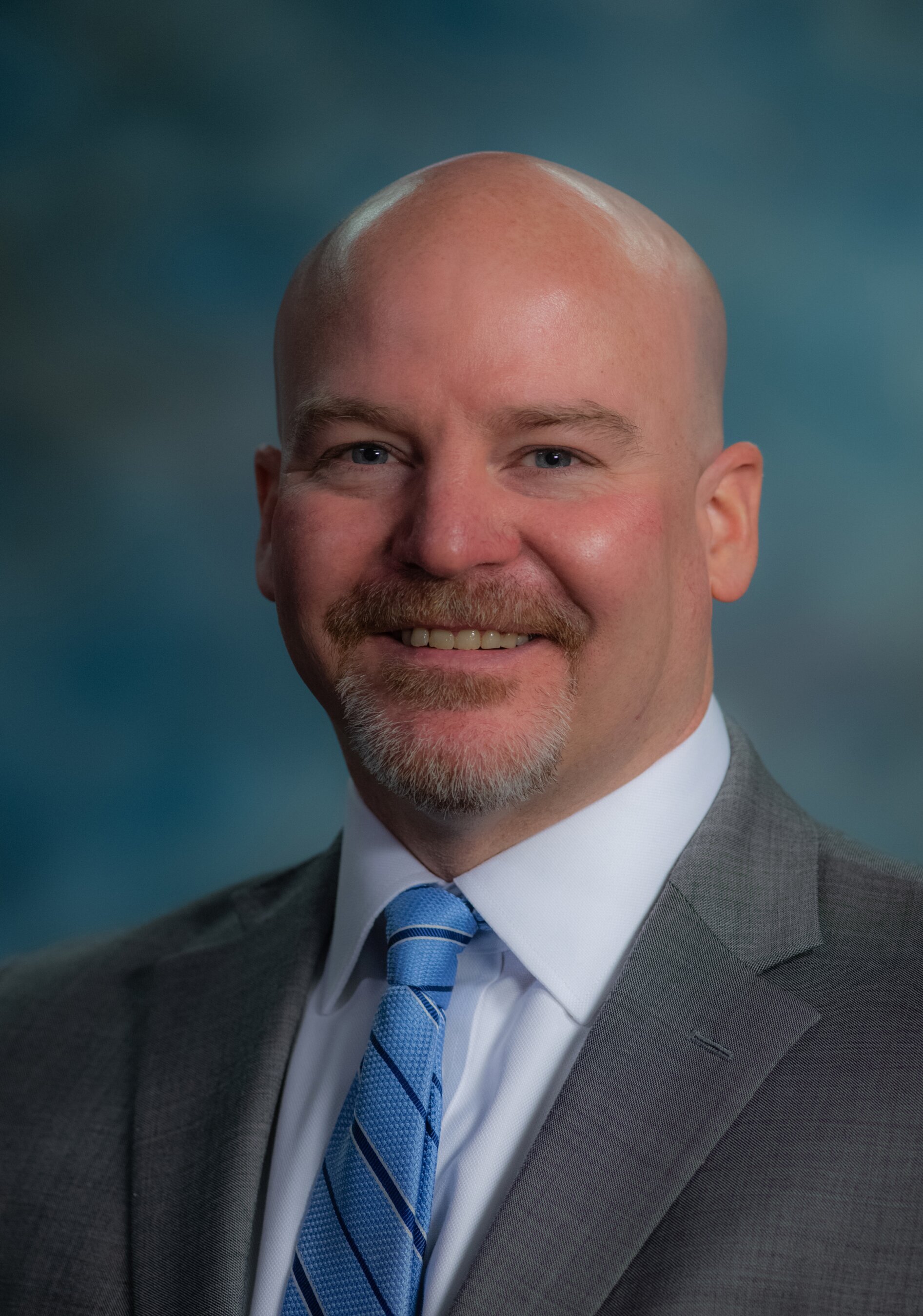
Marc H. Shook
Associate Vice President, Dean of Students, Deputy Title IX Coordinator
University of South Carolina, Columbia
Marc Shook, Ph.D., J.D., currently serves as the Associate Vice President, Dean of Students, and Deputy Title IX Coordinator at the University of South Carolina. Prior to coming to USC in 2018, he was the Vice President for Student Affairs at LaGrange College. He has held student affairs positions at University of Texas at Austin, University of Alabama, University of Virginia, and Presbyterian College. At USC, he and Dr. Edwards have engaged in substantive work to rewrite all university policies impacting the use of space on campus and created SEED (Safely Engaging in Expression Delegates), a team of volunteers that staff demonstrations. As a member of a Faculty Senate Ad Hoc Committee on freedom of expression, he took a leadership role in publishing the first university statement of academic freedom and freedom of expression. He is a regular consultant and presenter on matters pertaining freedom of expression on campus. Dr. Shook teaches in the Higher Education Student Affairs master’s program at USC, including classes on higher education law and governance. He holds a Ph.D. in higher education administration from the University of Virginia, a J.D. from the University of Alabama School of Law, and a B.A. from Southern Methodist University.
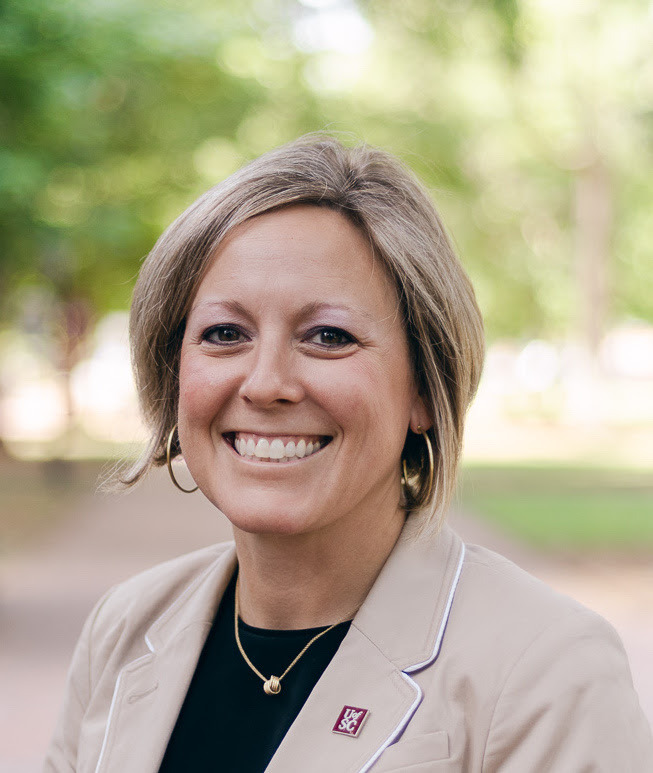
Anna Edwards
Associate Vice President for Student Life and Chief of Staff to the VPSA
University of South Carolina, Columbia
Anna Edwards, PhD, serves as chief of staff for student affairs and academic support, and associate vice president for student life at the University of South Carolina. As chief of staff, Dr. Edwards leads projects that advance the strategic direction of the division. As AVP for Student Life, Dr. Edwards provides leadership to the student leadership and service center; fraternity and sorority life; multicultural student affairs; off-campus living and neighborhood relations; parent and family programs; the Russell House University Union; and student media. At USC, she and Dr. Shook have engaged in substantive work to rewrite all university policies impacting the use of space in a manner that would allow the university to achieve a green rating by FIRE. She and Dr. Shook are also the two senior student affairs administrators who provide student oversight and guidance in matters of student protest at the university (which occurred more over the past three months than either would have preferred). Dr. Edwards earned a PhD in educational administration and master's in higher education and student affairs from the University of South Carolina and a bachelor's in political science and speech and communication studies from Clemson University.
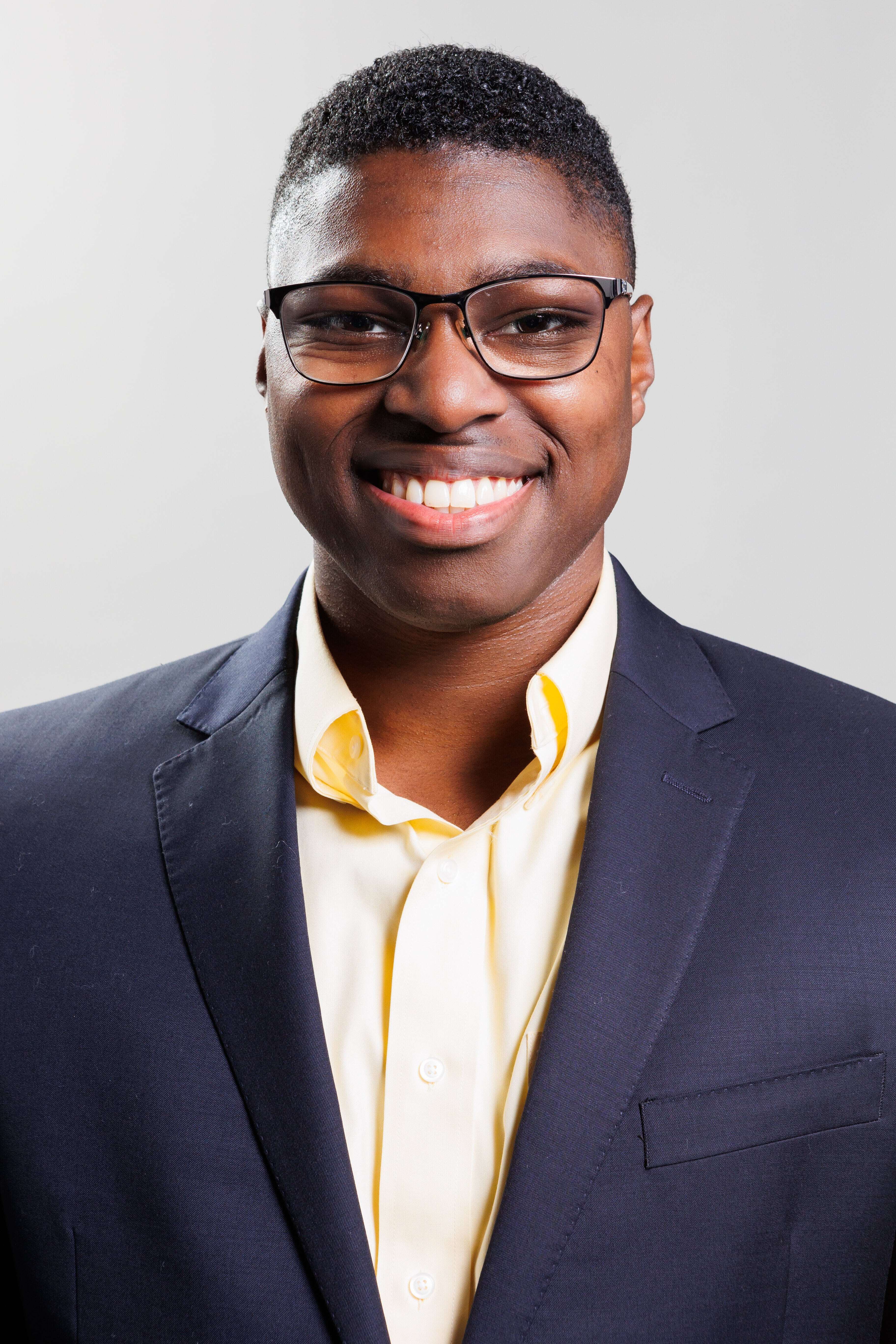
Adrian Anderson
Coordinator of Academic Integrity and Student Conduct
University of South Carolina, Columbia
Adrian Anderson is the coordinator of Academic Integrity and Student Conduct at the University of South Carolina. He is a new professional who has found a passion for educating and supporting students through life’s challenges. In his role he aims to bring a sense of compassion to students while still holding them accountable for their actions. It is his goal to make every interaction with a student one so that both he and the student take away a bit of new knowledge or understanding of whatever the subject matter may be. At USC, Adrian is a member of the SEED Team (Safely Engaging in Expression Delegates), where he staffs protests and demonstrations on campus and also works with students on better understanding the responsibilities that come with honoring the First Amendment on a public university campus.
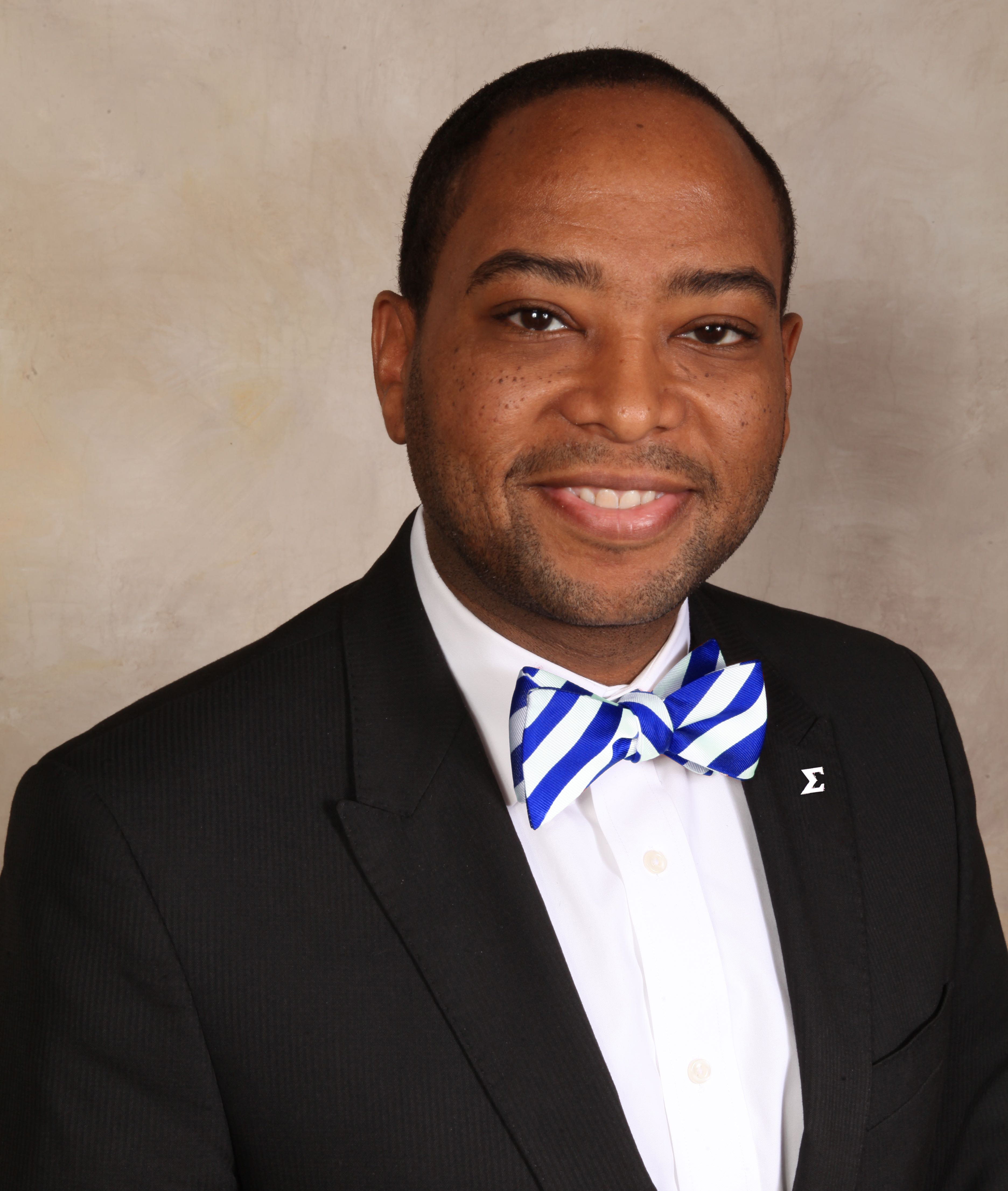
Tierney Bates
Vice Chancellor for Student Affairs
University of South Carolina Upstate
Dr. Tierney J. Bates has established himself as national thought leader, speaker, networker, career coach, innovator, and voice on diversity, equity, inclusion, and GENERATION NOW! He has given over 215 keynote talks, presentations and workshops. With over 20+ years in higher education, he has progressed from entry level to senior level administration providing leadership, vision, and responsibility for strategic initiatives and solutions in student services, diversity & inclusion, career services/workforce development, recruitment, and fundraising. He is currently the Vice Chancellor for Student Affairs at the University of South Carolina Upstate and was formerly at the University of North Carolina at Chapel Hill as Assistant Vice Chancellor for Special Projects & Executive Director and has served in leadership roles at Virginia Union University, North Carolina Central University, University of Louisville, University of Tennessee, and Bowling Green State University.
This presentation combines two research agendas that the lead presenter has been working on for several years: the role of a student affairs administrator in advancing diversity of opinion on campus (or least permitting space for the sharing of multiple ideas) and student affairs response in situations that involve protest or bias incidents. This presentation is focused on how student affairs administrators can maintain professionalism in their work with students while also holding strong personal opinions/beliefs on controversial topics. Although the presentation title asks the question, “can we find a balance,” the reality is that there is no way to find a balance between freedom of expression, viewpoint diversity, and microaggressions that will make 100% of people happy in all situations. There will be bias incidents that involve constitutionally protected expression; in these situations, student affairs administrators cannot expel a student and this results in a subpopulation of the institution left feeling slighted and unprotected. So, while there is no perfect way to balance our current Generation Z’s need for protection, strict enforcement of First Amendment protections, and perceptions that freedom of expression is another way to condone microaggressions, student affairs administrators can and should act professionally and ethically.
This presentation will directly address the realities of partisan politics on campus among student groups and, in particular, the political views of student affairs administrators themselves (two recent studies have demonstrated that student affairs administrators are more liberal in their leanings than even our faculty). Heading into 2024, there is no practical way that student affairs administrators will not be challenged, not only in responding to students and student incidents on campus, but also in maintaining professionalism while holding strong personal views as well. Underlying the examination of an administrator’s professional behavior, differences based on campus environment as well as generational bias will be addressed because these factors are highly influential. The presenters, although close in age, represent diversity in political ideologies, gender, ethnicity, and career paths which permit them to discuss how these issues play out at the public, private, and HBCU level. The presentation uses a case study approach to address politically sensitive topics in a non-confrontational and non-judgmental environment. As referenced below, audience members with high interest in this subject matter will also be exposed to a lengthy list of references and recommended readings on these topics for this own personal research.
Learning Outcomes:
1. Attendees will be exposed to literature, both through the presentation and list of recommended readings, which will contribute to their understanding of these topics.
2. Attendees will participate in a case study exercise that will encourage self-reflection.
3. Attendees will engage in a case study exercise that will expose them to different opinions and reactions than their own.
4. Attendees will learn list of steps that student affairs administrators can take to find a balance that may influence professional behavior.
NASPA has been approved by the Higher Education Consortium for Student Affairs Certification to provide CE credit for Certified Student Affairs Educators (CSAEd). NASPA is solely responsible for all aspects of this program.
Guidelines for earning CE credit:
1 CE is awarded for attending this live session.
No partial credit will be rewarded.
Participants must also complete the feedback survey in the Online Learning Community.
Credit is available for attending the live session and viewing the on-demand recording.
To receive CSAEd credit, attendees must complete the Feedback Survey in the online event offering the certification. Once the survey is completed, your Certificate will be available in the event modules. The Certificate of Completion, which will show the event and credit earnings, is available for download and/or print from the event in your Online Learning Community.
